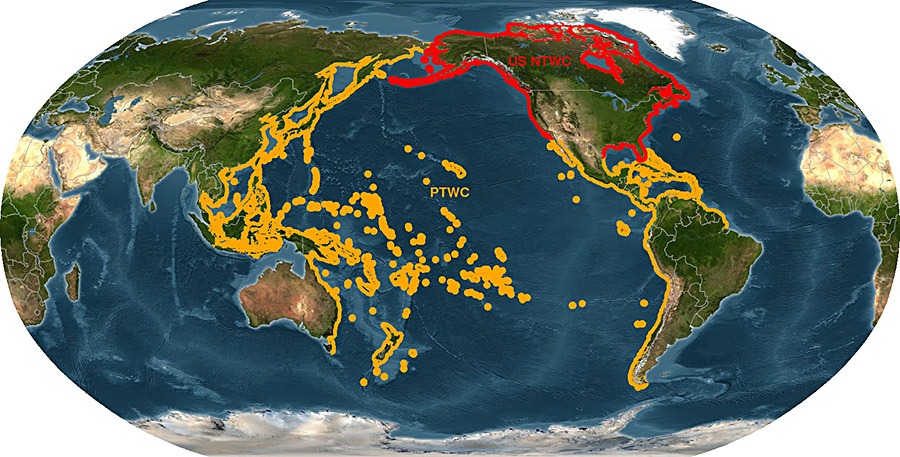As the globe commemorated the 20th anniversary of the 2004 Indian Ocean tsunami, remarkable progress has been achieved in anticipatory preparedness and resilience. The tsunami on December 26, 2004, was one of the fiercest natural disasters ever to claim more than thousands of lives in 14 countries.
Advancements in Warning Systems
•\tInternational Tsunami Warning Systems: UNESCO has been instrumental in the development of an extensive global warning system covering the Pacific, the Indian Ocean, Mediterranean, Caribbean, and North-East Atlantic. It combines quick detection technologies, seismics and sea-level monitoring, and real-time data exchange to provide rapid alerts to coastal populations.
•\tShorter Response Time: The response time for such warnings has been brought down drastically from tens of minutes to a few minutes, which has saved lives.
Community Preparedness and Resilience
•\tTsunami Ready Initiative: UNESCO's "Tsunami Ready" program is working towards certifying 100% of vulnerable communities by 2030. This initiative involves public awareness, hazard mapping, evacuation planning, and simulation drills once a year to increase awareness and preparedness.
• Research and Innovation: Ongoing investment in state-of-the-art research, such as seabed mapping and deep-ocean technologies, has enhanced knowledge about challenges encountered in such events.
International Cooperation and Funding
• UNDP and EU Programs: The United Nations Development Program (UNDP) and the European Union have played a significant role in encouraging real time preparedness through training, early warning systems, and infrastructure resilience.
•\tInternational Commitment: The world is committed to supporting and financing these preparedness measures, insisting on sustained vigilance and investment.
In spite of these improvements, experts advise against complacency, pointing out that such natural events are more common than realized and can catch the world by surprise. The world needs to keep strengthening resilience and improving preparedness to safeguard vulnerable coastal communities.
Source: UNESCO, UNDP, European Union, and various news agencies

